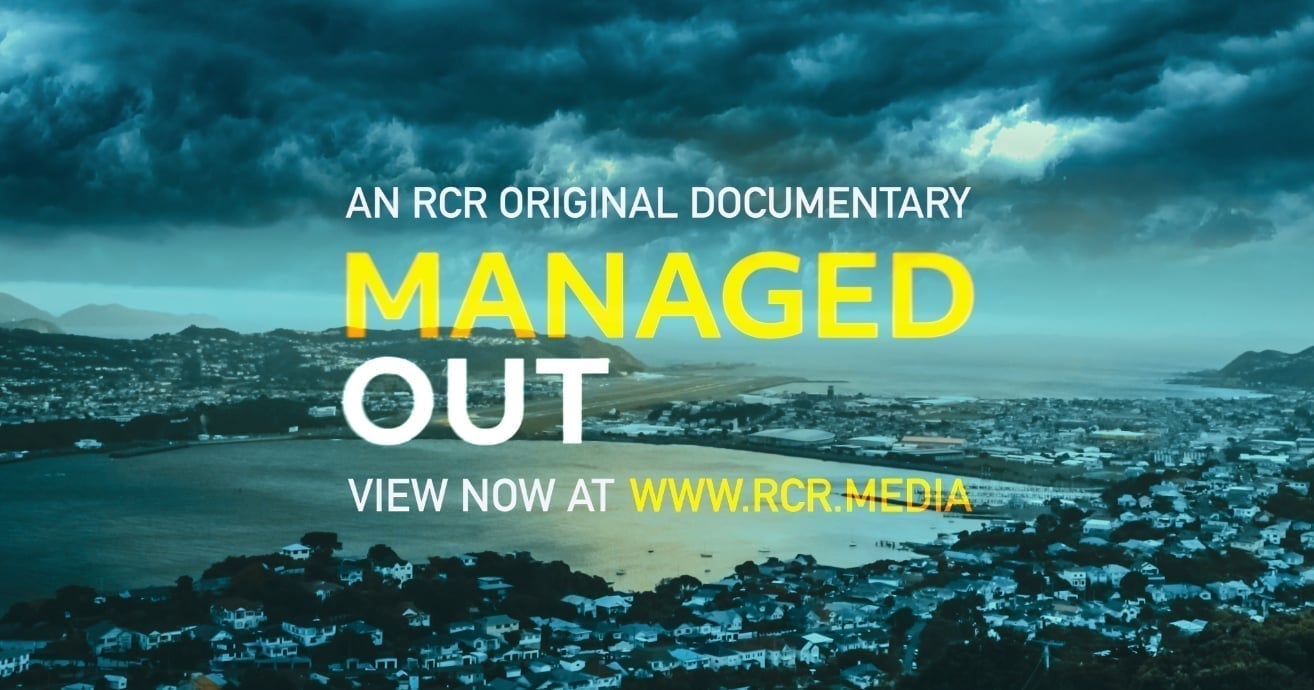
In this RCR2 InFocus full documentary, director Alistair Harding explores New Zealand at a pivotal moment in its response to climate change. The concept of managed retreat—relocating communities from high-risk areas—is fuelling intense national debate. While the government and councils—such as those in Kāpiti and Westport—point to rising sea levels and extreme weather as justification for action, critics argue that the science underpinning these decisions is based on implausible climate models and worst-case projections. Residents from affected regions, including Matatā and the Kāpiti Coast, voice deep mistrust, citing flawed flood management, a lack of genuine community engagement, and growing fears around property devaluation and the withdrawal of insurance. The proposed Climate Adaptation Act, which would allow for compulsory land acquisition and the withdrawal of essential services, has further heightened concerns over the erosion of property rights—with many viewing it as a top-down, politically-driven land grab built on unproven disaster scenarios.
Share This

In this RCR2 InFocus full documentary, director Alistair Harding explores New Zealand at a pivotal moment in its response to climate change. The concept of managed retreat—relocating communities from high-risk areas—is fuelling intense national debate. While the government and councils—such as those in Kāpiti and Westport—point to rising sea levels and extreme weather as justification for action, critics argue that the science underpinning these decisions is based on implausible climate models and worst-case projections. Residents from affected regions, including Matatā and the Kāpiti Coast, voice deep mistrust, citing flawed flood management, a lack of genuine community engagement, and growing fears around property devaluation and the withdrawal of insurance. The proposed Climate Adaptation Act, which would allow for compulsory land acquisition and the withdrawal of essential services, has further heightened concerns over the erosion of property rights—with many viewing it as a top-down, politically-driven land grab built on unproven disaster scenarios.
